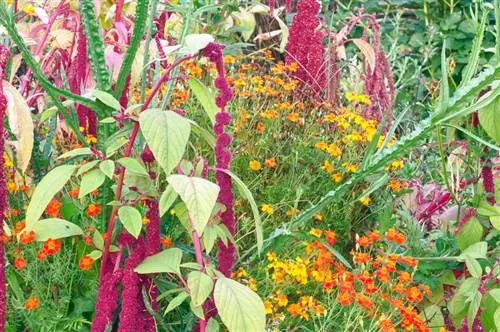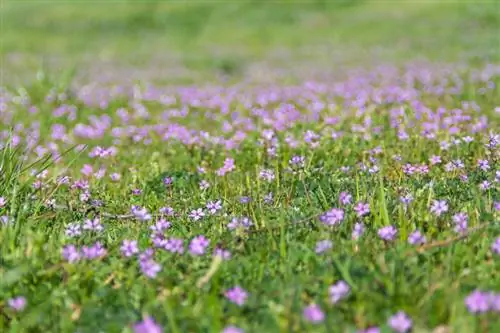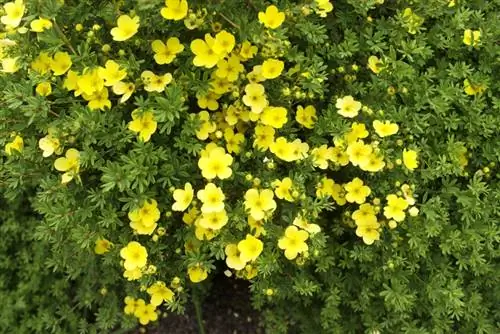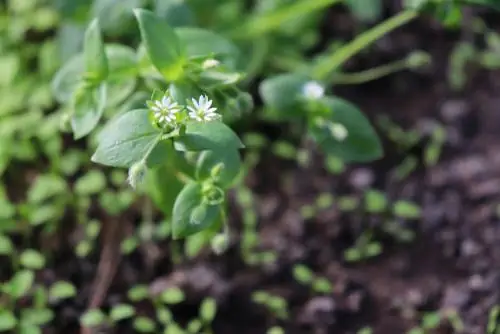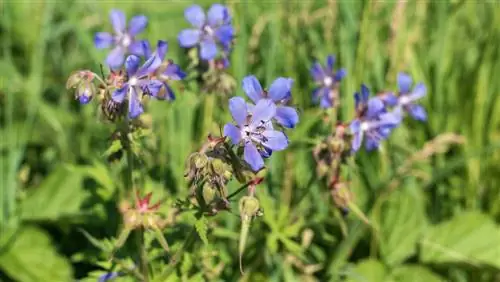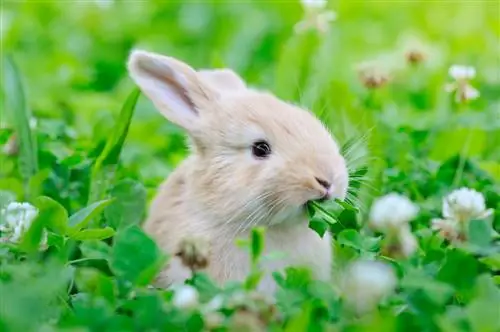- Author admin [email protected].
- Public 2023-12-16 16:46.
- Last modified 2025-06-01 06:02.
Amaranth tastes good and is rich in nutrients. So why not plant it in your own garden and see what the harvest promises? Attention: You should think carefully about the decision to plant!
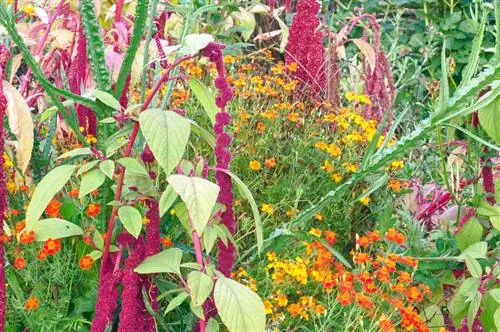
How should you control amaranth weeds in the garden?
If you have amaranth as a weed in your garden, it is best to remove it quickly before it flowers (July to September) to avoid uncontrollable self-seeding. Note that some species produce up to 100,000 seeds per plant, which remain viable for a long time and survive frost.
The Recurved Amaranth - the Neophyte
Among the amaranth species, the recurved amaranth, also known as the rough-haired amaranth or wild amaranth, is known for its uncontrollable spread. In Central Europe it is a weed that is edible but not very popular. He especially likes to conquer corn fields, sugar beet fields, vineyards, river banks and roadsides.
The bent-back amaranth has now been transported from its original home to all continents. He is considered a neophyte. If you have it in your garden, it is best to remove it as quickly as possible, before it blooms (July to September)!
Up to 100,000 seeds per plant
The foxtail produces tiny seeds. They are also extremely light, weighing 0.4 mg each. Thanks to this 'flyweight', the seeds are easily spread by the wind.
Some amaranth varieties produce up to 100,000 seeds per plant. Now imagine that only half of those seeds sprout! A real disaster if you neither need nor welcome the amaranth in the garden. You should also know this:
- the plants themselves are annual
- Seeds germinate well for a long time
- Seeds survive frost
- Seed ripening from August to October
Do not allow ornamental and vegetable amaranth to bloom
Some gardeners dare to try a pretty amaranth variety because, for example, it has such beautiful flowers and fruit clusters. Other gardeners grow amaranth to harvest the leaves and process them into a type of spinach.
Are you one of these gardeners? Then you shouldn't let this plant bloom, but rather harvest it first! Otherwise there is a risk of self-seeding that is difficult to control!
Tip
Even behind such interesting names such as 'Roter Meier' there is a special variety of amaranth. Once the seed has reached maturity, it can quickly become a plague that lasts for years.

